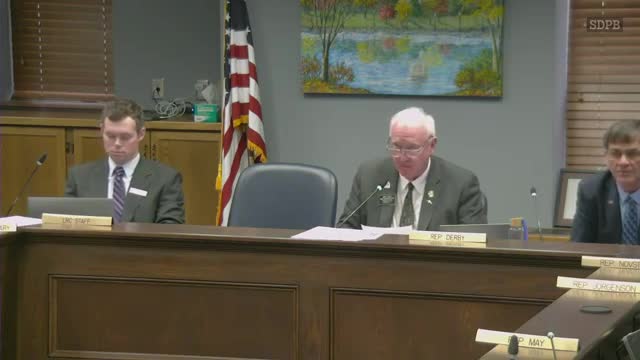Article not found
This article is no longer available. But don't worry—we've gathered other articles that discuss the same topic.
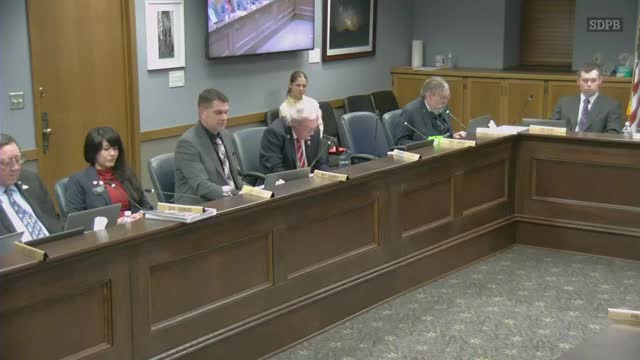
Legislative committee backs $17.5 million omnibus water and environment funding bill
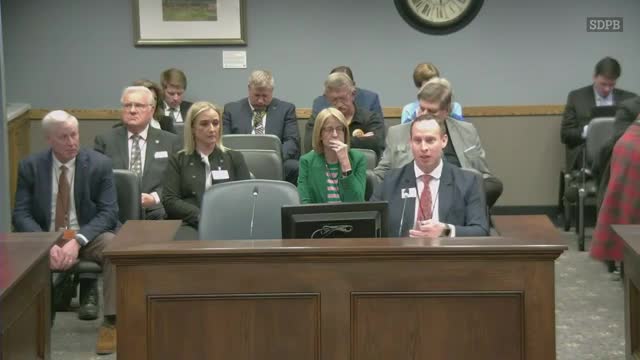
Health-care groups urge retention of small state program that helps dialysis patients; bill to repeal faces opposition
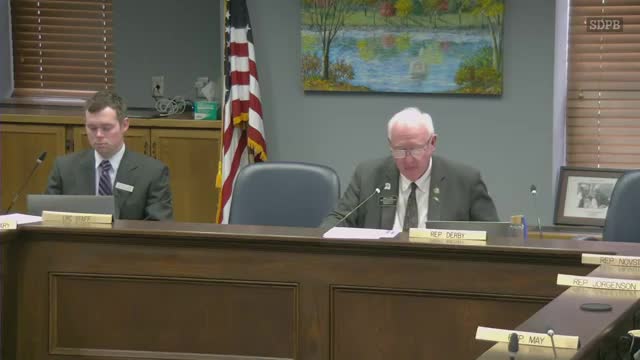
Appropriations hearing: proposed repeal of state home‑study reimbursement for private adoptions draws pushback
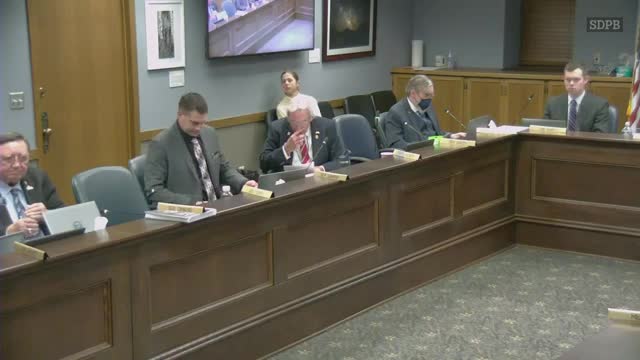
Appropriations committee tables bill seeking extra respite-care funding for dementia caregivers
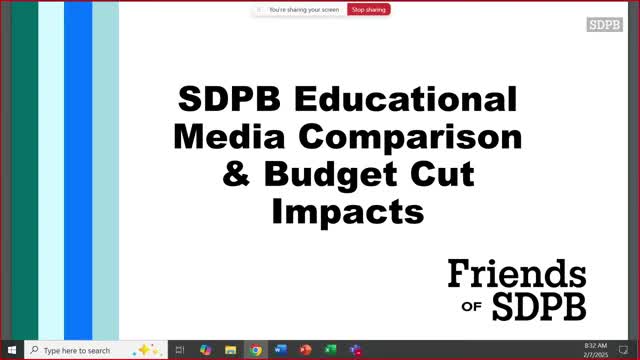
Public broadcasters warn deep state funding cut would end local programming, strain emergency-alert capability
